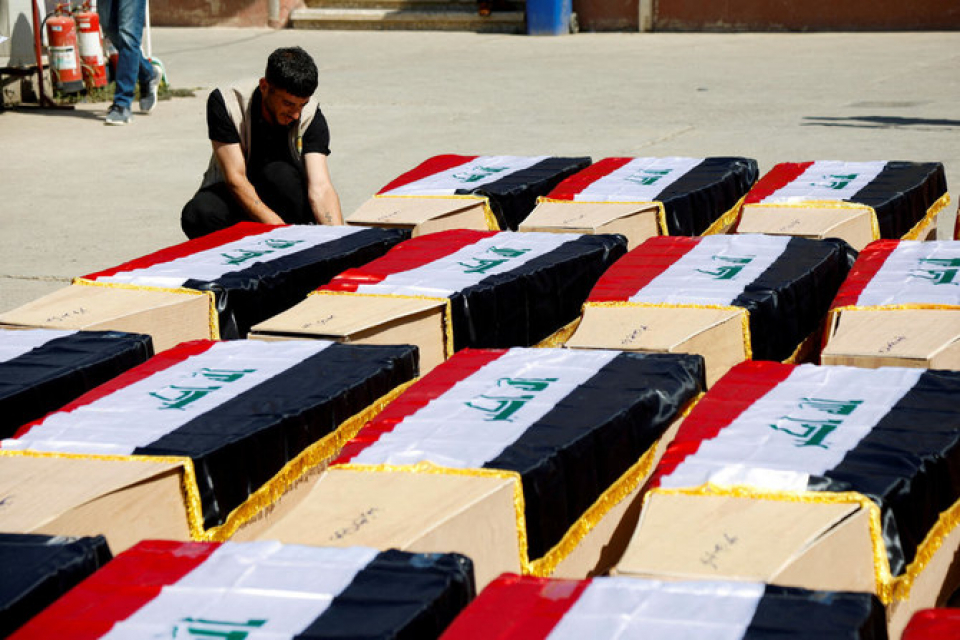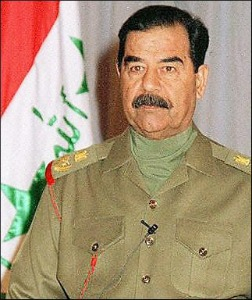The United Nations Investigative Team to Promote Accountability for Crimes Committed by Daesh (UNITAD) is facing an early end to its operations amid strained relations with the Iraqi government. Established in 2017 to investigate genocide and war crimes committed by the Islamic State (IS), the mission's conclusion comes nearly a decade after IS's devastating assaults across Syria and Iraq.
Christian Ritscher, UNITAD's leader, voiced apprehensions over the premature termination, citing unfinished business and limited time to complete investigative efforts. The mission aimed to establish a central archive for evidence documentation, among other projects, to ensure justice for victims of IS atrocities, many of whom remain in displacement camps.
The decision to end UNITAD's mandate followed a contentious renewal process by the UN Security Council, shortened to a final year at Iraq's request. This move has drawn criticism, questioning Iraq's commitment to holding IS members accountable. Despite UNITAD's significant contributions to convictions related to genocide and other crimes in Germany and Portugal, concerns persist over Iraq's focus on prosecuting individuals solely for terrorist organization membership, overlooking specific atrocities like sexual abuse and slavery.
Farhad Alaaldin, Iraq's prime minister's foreign affairs adviser, defended the decision, citing challenges in cooperation and emphasizing the necessity of evidence sharing before UNITAD's cessation. However, the move has sparked concerns about justice and accountability for IS's heinous crimes.

















